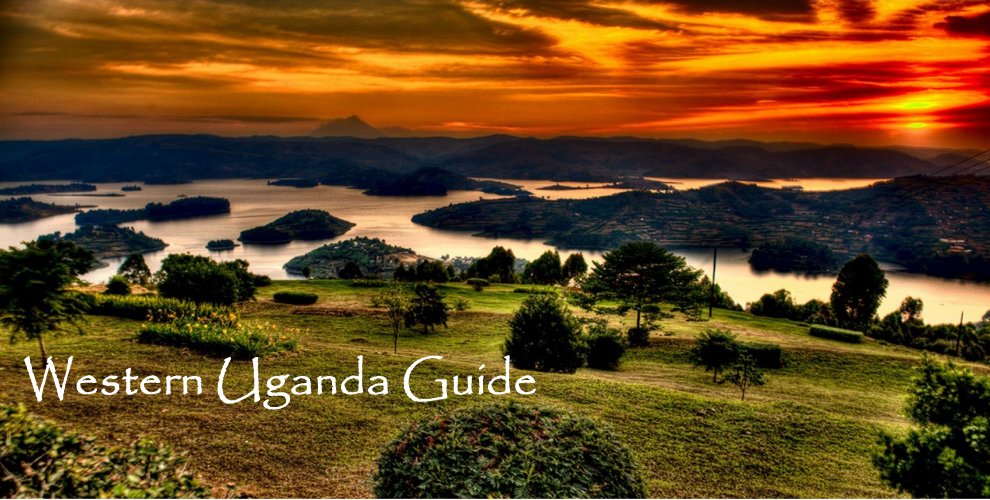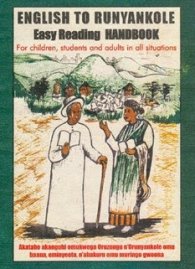
|
|
Learn Runyankole |
Learn Runyankole |
Learn Runyankole |
Learn Runyankole |

|
One of the most effective tips to speak and learn Runyankole is consistent exposure and active practice. Don't be afraid to speak from day one, even if you only know a few words. Engaging in simple greetings like "Oraho" (hello) or "Webale" (thank you) can spark conversations and encourage locals to help you. These interactions are invaluable for picking up common phrases and understanding the natural rhythm of the language. For those considering employment opportunities in Uganda, particularly in tourism or local businesses, a grasp of Runyankole can be a significant advantage, demonstrating respect and a willingness to integrate into the community. To accelerate your learning, seek out opportunities for immersion. Visit local markets, engage with vendors, or simply listen to conversations around you. Many of the region's stunning tourist attractions, such as Lake Mburo National Park and the various cultural sites, become even more meaningful when you can interact with local guides and communities in their mother tongue. Consider finding a language partner or a tutor who can provide structured lessons and feedback. They can help you navigate grammar and pronunciation nuances that might be challenging on your own. Practically speaking, everyday situations offer excellent learning chances. When looking for various types of accommodation, from guesthouses to homestays, try to use Runyankole phrases with your hosts. Even minimal effort is often met with great appreciation and willingness to assist. Tuning into local radio stations, listening to Runyankole music, or even trying to follow local news discussions can train your ear and expand your vocabulary naturally. You'll soon start picking up on common idioms and interesting facts about the culture directly from the source, enriching your understanding far more than any textbook could. These pages are here to help with the basics of Runyankole, teaching you common expressions and other words and phrases in everyday use. Be mindful that whilst most speak Runyankole in the south-west of Uganda, most also speak passable English so deployment of the two languages will hold you in good stead, and, as ever, as a visitor amongst such warm and friendly people, even a smattering of the use of Runyankole will impress! Turebane bwanyima! |
 Runyankole is a Bantu language spoken by around two and a half million people in south-west Uganda, particularly around the old Nkore and Mporora kingdoms that were subsumed into the Protectorate of Uganda under the Ankole Agreement of 1901. The language is also known as Nyankore, Nyankole, Nkole, Orunyankore, Orunyankole and Runyankore.
Runyankole is a Bantu language spoken by around two and a half million people in south-west Uganda, particularly around the old Nkore and Mporora kingdoms that were subsumed into the Protectorate of Uganda under the Ankole Agreement of 1901. The language is also known as Nyankore, Nyankole, Nkole, Orunyankore, Orunyankole and Runyankore.






